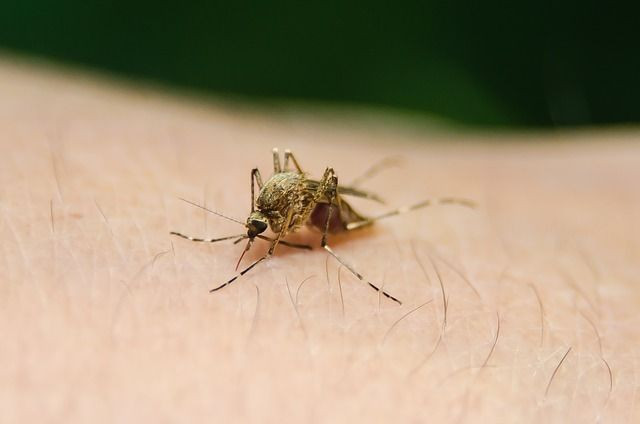Zika vs. West Nile Symptoms 2016: Facts About Mosquito-Borne Virus Infections

In the summer of 1999, the United States was thrust into West Nile Virus furor as the virus which only had been reported in Africa, Europe, and Asia made its way to the Americas for the first time. Now, Zika has made a similar journey to cause a stir on this side of the Atlantic, just as West Nile did nearly twenty years before. Although the two may have similar origins and routes of transmission, there are important differences between West Nile and Zika that make the two viruses strikingly distinct.
Similarities
Both the Zika virus and West Nile are diseases that originated in Africa and are transmitted by mosquitos. Mosquitoes cause more human suffering than any other organism, and lead to over one million deaths worldwide every year, The American Mosquito Control Association reported. Zika and West Nile are both classified as flaviviruses, as well as yellow fever, chikungunya, dengue virus, and most mosquito-borne illnesses, CNN reported.
The two viruses also have similar symptoms. For example, in both viruses the majority of those infected show no symptoms. For those who do show symptoms, both viruses can cause fever, headache, tiredness, and body aches. In addition, Zika virus is also characterized by a large rash, but this symptom is far less common in West Nile infections. Zika is also characterized by red bloodshot eyes, something that is absent in West Nile infections.
Like most mosquito-borne diseases, there are no vaccines or cures for either Zika or West Nile. The main way to protect yourself and your family from mosquito-borne diseases is to prevent mosquito bites. This can be done by both destroying mosquito breeding grounds and wearing insect repellent and covering exposed skin.
Differences
Although both diseases have the same method of transmission, the Zika virus is spread by only two mosquito species. According to National Geographic, the West Nile virus is known to be carried by at least 65 mosquito species. What’s more, although both viruses have non-human hosts, the West Nile is only known to infect birds while Zika infects non-human primates.
In addition to mosquito bites, both Zika and West Nile can spread from mother to child during pregnancy. West Nile is also spread from mother to child via breastfeeding, while this route of transmission has not been documented in Zika. In addition, Zika virus can spread through sexual intercourse, but the West Nile virus cannot.
The diseases share some similar mild symptoms, such as fever and muscle weakness, but are characterized by vastly different serious complications. In rare instances (about one percent of all cases) West Nile virus can infect the human nervous system and cause diseases such as meningitis or encephalitis. West Nile has also been linked to “profound muscle weakness” so bad that some patients need to be put on respirators. West Nile is also known to cause long-lasting paralysis that resembles polio, and can even kill.
Zika, on the other hand, is far less of a threat to the health of the general population, but instead has been linked to a serious birth defect called microcephaly in newborn babies whose mothers were infected with the virus during their pregnancy. Zika is also believed to be connected to cases of Guillain-Barré syndrome, a rare condition in which a person’s immune system attacks his or her nerves, although this is still not confirmed.
Read More:
West Nile Virus Is More Dangerous For The Elderly, And The Reason May Lie In The Speed of Their Immune System: Read Here
Zika Early Symptoms 2016: Warning Signs That You're Infected And What To Do: Read Here



























